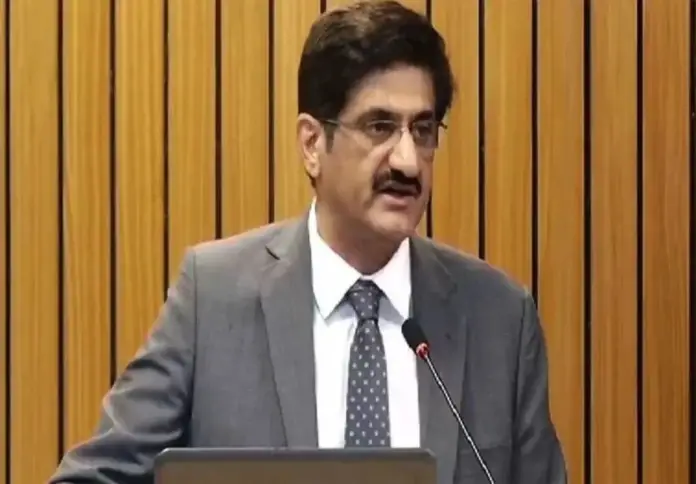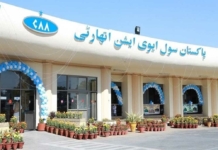Sindh Chief Minister Syed Murad Ali Shah Tuesday announced that his government had decided to review the teacher recruitment policy in order to address the shortage of teachers in the province.
For the purpose, the government had reduced passing marks from the previous 55 percent for male Muslims and 50 percent for female Muslims and minority candidates to 40 percent for all categories, he said while addressing a crowded press conference at CM’s House.
“Previously, the recruitment policy was based on the union council (UC) level but now it will be based on the taluka level, therefore, all candidates obtaining at least 40 percent marks will be recruited subject to the availability of posts in the concerned taluka.”
Provincial Education Minister Syed Sardar Shah, Irrigation Minister Jam Khan Shoro, Law Advisor Murtaza Wahab and secretaries concerned were also present on the occasion.
The chief minister added that the main purpose of the recruitment policy is to address an acute shortage of teachers in thousands of schools. “Currently, 54,000 posts, including 36,000 primary schoolteachers and 18,000 junior elementary schoolteachers, are lying vacant throughout the province,” he said.
Shah went on to say that nearly 6,800 schools were closed due to the unavailability of teachers.
“Through the current recruitment process, 2,533 schools have been reopened but still 4,250 are without teachers,” he said, adding it had become necessary to revise the Teacher Recruitment Policy-2021 and reduce the passing marks to 40 percent for all candidates. “For differently-abled candidates, the passing marks would remain 33 percent,” he added.
“Even after reducing the passing marks, 18 talukas would still be facing a dearth of teachers,” he said, adding that the candidates who would secure less than 40 percent marks in 18 deprived talukas will be given an opportunity to attend special courses and pass a test to be conducted by a third party for their recruitment.
“More than 50,000 teachers would be recruited to operationalize all the closed primary and secondary schools after the revision of the policy,” he maintained.
Talking about the recent wave of terrorism in Karachi, the chief minister said that the situation of law and order in the province was under control but anti-social and anti-state elements have started creating unrest.
“We would not allow them to achieve their nefarious designs,” he asserted.
Shah said that when the Bolton Market incident took place, he was in Abu Dhabi with PPP Chairman Bilawal Bhutto to condole the death of the UAE president. “I cut my visit short and rushed back to Karachi,” he said. The chief minister said three blasts in a month in Karachi were due to intelligence failure on part of police.
He added that police would sensitize the citizens to inform ’15’ (police helpline number) whenever they witness any suspicious activity. “Police will talk to shopkeepers in markets to keep proper vigilance in parking lots and install private CCTV systems,” he said.
Talking about the water shortage, Shah held an injudicious distribution of water responsible for the crisis. He added that this government has serious reservations against the Indus River System Authority (IRSA).
Shah said that the provinces were earlier told that there would be an eight percent shortage of water during the Kharif season.
“In April, Sindh faced 42 percent shortage of water and if 10 days of May are added then the shortage of water would come to 51 percent,” the chief minister said. “Currently, the Indus River has 89,800 cusecs inflow at Tarbela and last year it was recorded at 60,400 cusecs, meaning that this year we have 29,400 cusecs more water but even then Sindh is facing more shortage when compared to the last year,” he added.
The CM said that Taunsa is the last barrage of Punjab and Guddu is the first barrage of Sindh. “When the water inflows at Tuansa were recorded recently it was 66,000 cusecs but it reduced to 38,000 cusecs before reaching Guddu Barrage. This means water was taken away before reaching Sindh,” he said and added he was going to Islamabad on Wednesday to meet the prime minister with the request to settle the water distribution issue.







